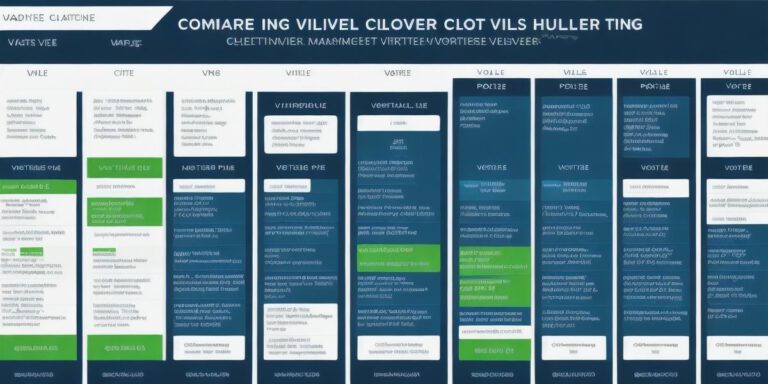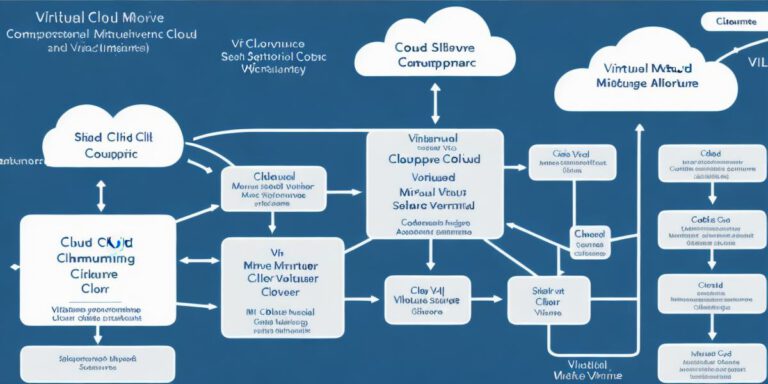How Does VPS Work: A Technical Dive for Programmers

VPS, or Virtual Private Server, is a hosting service that allows multiple virtual machines to run on a single physical server. This technology has gained popularity among programmers due to its cost-effectiveness and flexibility compared to traditional dedicated servers. In this article, we will dive deep into the technicalities of VPS and explore how it works.
The concept behind VPS is simple: instead of having a single server that hosts multiple websites or applications, VPS allows each application to run on its own virtual machine, which shares resources with other virtual machines running on the same physical server. This means that each virtual machine has its own operating system, CPU allocation, memory, and disk space.
One of the key advantages of VPS is its ability to provide scalability. As your application grows, you can easily allocate more resources to your virtual machine by upgrading your hosting plan. Additionally, since each virtual machine runs on a separate server, there is less chance of downtime and performance issues that can arise from sharing resources with other applications.
One real-life example of VPS in action is the use case for web development agencies. These agencies often need to host multiple websites and applications simultaneously while keeping costs low. VPS allows them to do this by creating separate virtual machines for each website or application, without having to invest in a dedicated server.
Another benefit of VPS is its flexibility when it comes to software and operating systems. You can choose any Linux distribution you prefer, including popular options like Ubuntu, CentOS, and Debian. Additionally, you have full control over your virtual machine’s configuration, allowing you to install any software or libraries you need.
However, VPS does come with some technical requirements. For example, you will need basic knowledge of server administration, such as how to manage user accounts, update software packages, and configure firewalls. Additionally, VPS providers may have specific requirements for software and configurations, which can be a challenge for beginners.
In conclusion, VPS is an excellent choice for programmers who need cost-effective and flexible hosting options. While there are some technical requirements to consider, the benefits of scalability, flexibility, and cost savings make it a popular option among developers. As with any technology, it’s important to do your research and choose a reputable VPS provider that meets your needs.
FAQ:
- What is VPS hosting?
- How does VPS work?
- What are the benefits of using VPS hosting?
- What technical requirements should I be aware of when using VPS hosting?
- How do I choose a reputable VPS provider?








